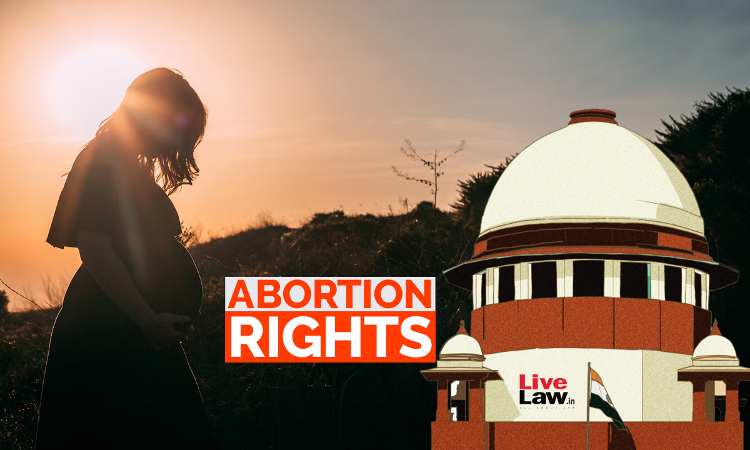Woman Alone Has Right Over Her Body; She's The Ultimate Decision Maker On Abortion : Supreme Court
Awstika Das
22 Aug 2023 9:00 AM IST

Next Story
22 Aug 2023 9:00 AM IST
The Supreme Court on Monday has reiterated that a woman alone has the right over her body and is the ultimate decision-maker on the question of whether she wants to undergo an abortion. This observation was made by the court while allowing a plea for termination of pregnancy by a 25-year-old rape survivor. The order was passed by a bench of Justices BV Nagarathna and Ujjal Bhuyan...
